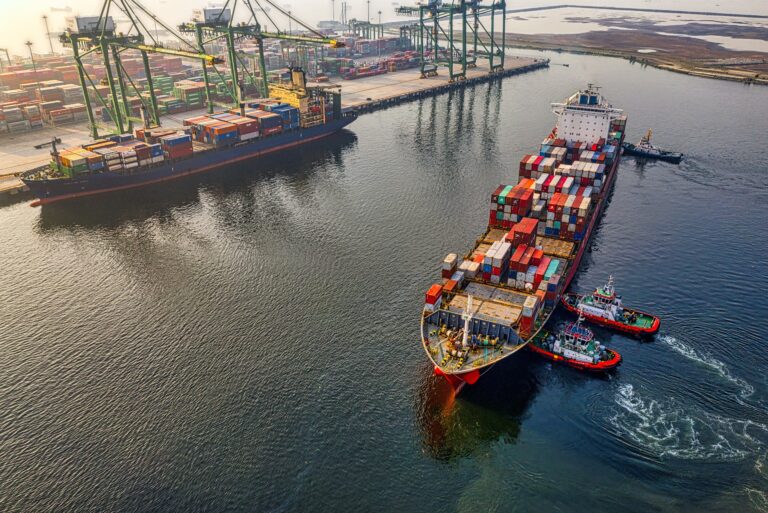Customs Procedures
Documentation Export
Customs procedures involve Italian companies that export outside the European Economic Community (EEC);
Normally the documents required by the customs are:
▪ COMMERCIAL INVOICE
Issued by the exporting company, it results from an exporter tax drawer, but at the moment there is no tax drawer outside Italy.
▪ PACKING LIST
Issued by the exporting company,
A detailed list of blocks with type, weight, and measurements, indicating for each block the number of the container (if used) and, where appropriate, the number of the seal.
▪ BILL OF LOADING
Document issued by the shipping agency in the name and on behalf of the shipping company to which the vessel used belongs.
The following figures, which appear in the header of the document, have particular relevance:
- SHIPPER: is the exporting company responsible for shipping to the port of destination.
- CONSIGNEE: is the company to which the material must be delivered.
NOTIFY TO: is the importing company, which may differ from the one where the material will be delivered. - NOTIFY TO: is the importing company, which may differ from the one where the material will be delivered.
▪ VGM (Verified Gross Mass)
It is the document which, for each container, certifies the gross weight: by difference with the Tara (certified for each container and indicated on it) the net weight can be deduced, which must correspond to that of the documents.
▪ FREE EXPORT DECLARATION
Declaration by the exporter which certifies that the goods do not belong to a whole series of cases subject to restrictions, sanctions, or bans
NOTE: In the case of exporting by Letter of Credit, other documents may be added based on the text of the letter of credit itself.
MARENGOLD advises exporting companies (and takes care of it personally in all cases where it is directly involved) to have the customer verify every document detail shown in the draft on the preview documents: this is because at the destination there could be situations such as to suggest variations (e.g. a modified address or a description of the goods congruent with the regulations of the importing country); it should be borne in mind that any late changes almost always involve delays and unforeseen costs, sometimes quite significant.

